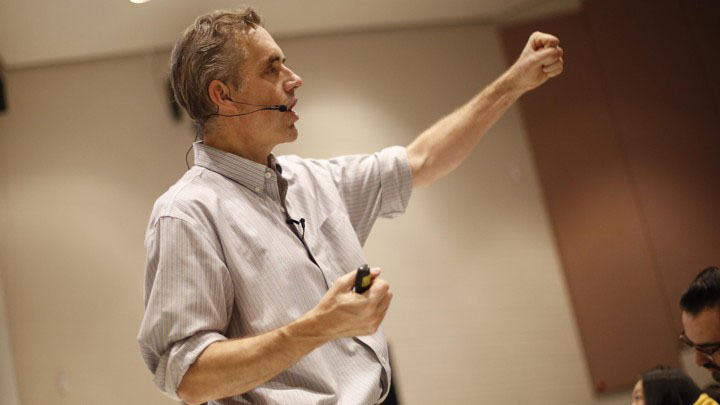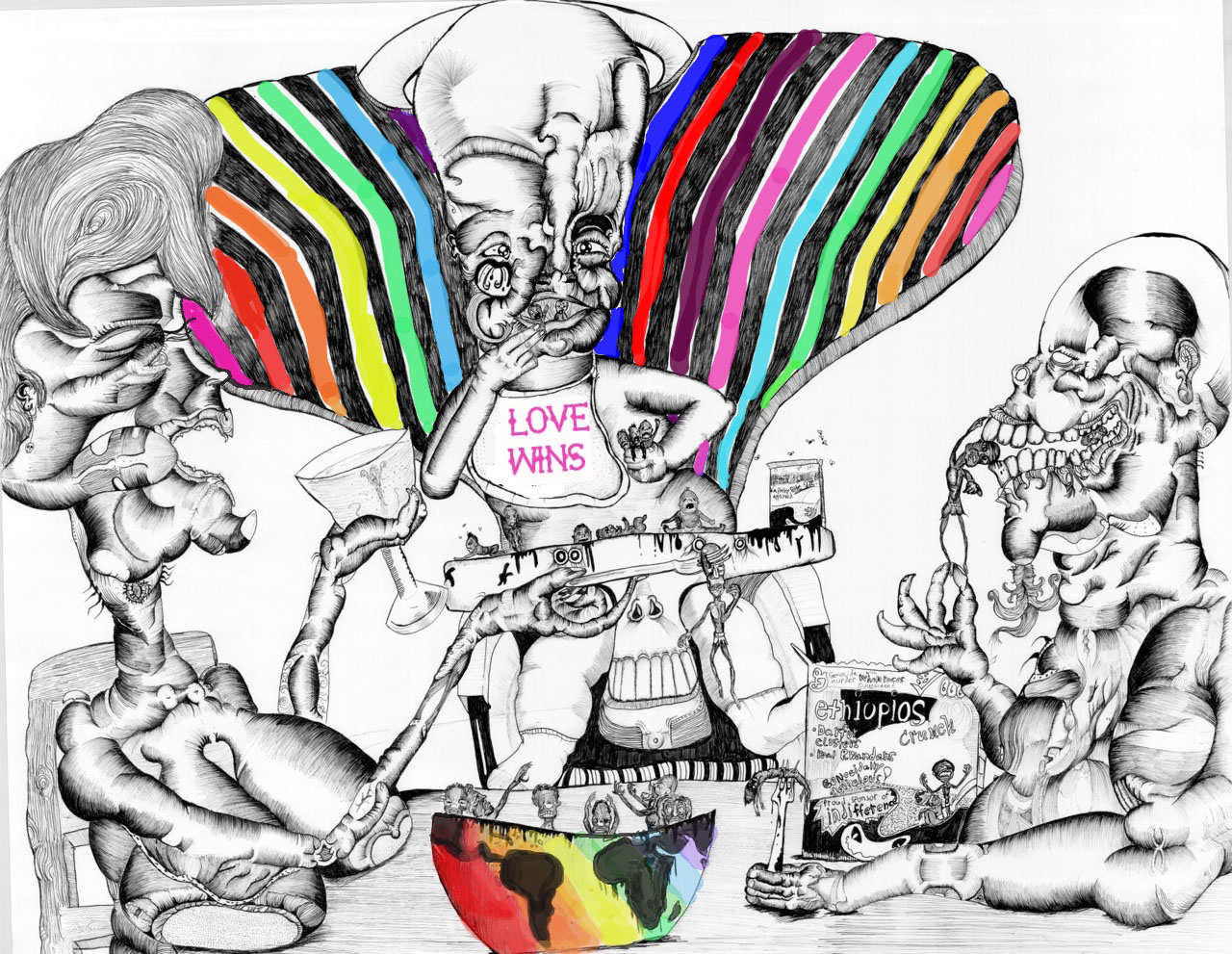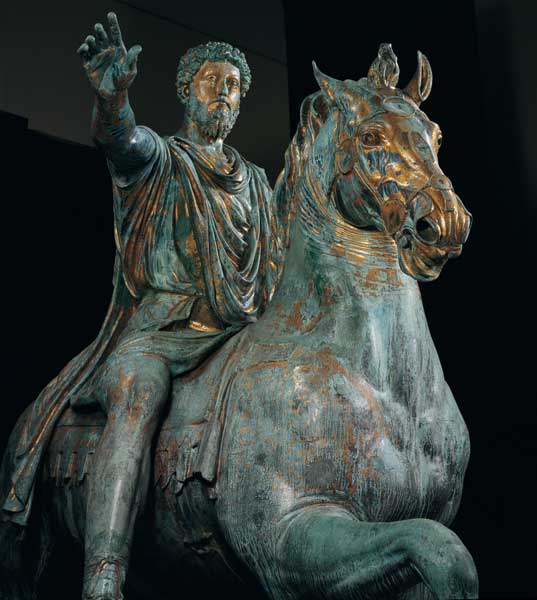
“Whoever desires constant success must change his conduct with the times.” Niccolò Machiavelli
The presidency of Donald Trump promised us the black swan we had been waiting for. Those of us who railed against interventionist politics and political correctness felt a sense of hope, much like the left did when populist Barack Obama was elected. Yet as with Obama, the election of Donald Trump led to a rebellion among an emerging group of political actors. As the left and the right became more extreme and the fringes appeared to be going insane with passion, a new center emerged in which basic enlightenment philosophy was the dominant focus of discussion. Launching with a Sam Harris breakfast and following up with a Steven Pinker lunch, it was now time to try Jordan Peterson for dinner. Skeptical liberals who were previously regulated to atheist conferences found an opportunity to discuss facts rather than feelings in the town square while painting their milquetoast opinions as heretical. Appearing dull and unexciting to anyone outside of the center, this crowd became the hot new item among so-called freethinkers.
“[A]s paltry prophets offer their guides for the perplexed, we can look forward to a metaphysical shift, when the aristocrats of the spirit will boldly forge against therapy culture and perverse functionalism.”
As Jordan Peterson turned into an international phenomenon and these self-help gurus gentrified the previously fringe world of dissident politics, the genuine voices of opposition were banned from platforms and payment processors alike. The rise of Jordan Peterson was highly political—on the surface. He became the Rosa Parks of pronouns by refusing to sit on the back of the bus, that is, refer to a student by her pronoun of choice. With his popular talks on YouTube, he soon became a hero for the lost masses to follow. And his rise was mirrored by the rise of Marie Kondo, each peddling self-help Kool-Aid.
Marie Kondo, the Asian superheroine with the Netflix special and best-selling book Tidying Up, built her brand on gentrifying too-muchness and colorfulness through her monotone declarations of forced cuteness. According to her philosophy, stripping everything down to its most functional form is somehow something to aspire to, even if you are not a computer programmer. Any object that does not “bring you joy” is considered to be garbage. Clean your room, cleanse your aura, minimize your clutter, and think positively. Have you heard about the power of habit? You can win friends and influence people with these 10 master tips.
As Marie Kondo propagates IKEA-Land amid the dearth of bold works of civilizational architecture, Peterson is there in the background reminding us always to do our best. If we do so, we may be blessed with “meaning.” Yet just what is that? Says Peterson,
Meaning is when everything there is comes together in an ecstatic dance of single purpose—the glorification of a reality so that no matter how good it has suddenly become, it can get better and better and better more and more deeply forever into the future.
How vague and facile this is. For mercy’s sake, Dr Peterson, hire a good editor. To this dull writing is added the old conservative message of personal responsibility and other homilies. In the comments on his many YouTube videos, one reads the testaments of the psychologist’s legion of idolaters: “Jordan Peterson saved me.” “I was close to suicide before I discovered JBP.” And so on. For like others before him, Peterson (who is no Christian himself) wants to offer you a kind of nebulous Christianity, whether you believe Christianity is true or not. Christ himself was a political radical. But there is nothing really daring or dangerous about Jordan Peterson. He does not challenge the liberal internationalist status quo.
Like Peterson, Marie Kondo has a gospel for the masses. She is a proponent of what I call “the new minimalism.” Her purpose is to simplify things to make them more digestible, even if you are destroying the very essence of what you are simplifying. But as Jacob Phillips says well, “Context is nothing where function is everything.” While the left is quick to criticize gentrification, they are afraid to criticize Kondo because they don’t want to be labeled racist. Kondo is an Oprah for 2019, all feel-good messaging and positive thinking in a world supposedly clouded by rage and negativity. Yet rage and negativity seem highly manufactured these days, like the buzz phrases “radical optimism” and the even more cringeworthy “hopepunk” that appear on mainstream websites. Weaponized optimism, the faithful call it. Only the Marie Kondos and Jordan Petersons of the world can keep us in check. If your philosophy does not create some positive upswing functionality, why bother philosophizing at all? Who needs ferocity? Vitalist punks fuck off!
Nietzsche attempted to create a resurrectionary current in The Birth of Tragedy from the Spirit of Music. His desire was to oppose, to ennoble the morally decadent, overly rational, unimaginative, conformist West. Jordan Peterson, despite his esoteric Jungianism and references to the tragic-minded and elitist Nietzsche, serves the purpose of making confused and dispossessed people feel like they are a part of some new majority. But it is still an uncreative, unthreatening herd. Meanwhile, as paltry prophets offer their guides for the perplexed, we can look forward to a metaphysical shift, when the aristocrats of the spirit will boldly forge against therapy culture and perverse functionalism. Phillips once more:
[P]oetry flowers in civilizational death and rebirth. Maybe the abrasiveness and bad taste on display in the public square actually signals a grave outlook for the allegedly unbroken status quo. The first stage of an unveiling is to acknowledge the fragility of the veil. An exotic dancer begins her act by letting the outer layers of her costume quiver and flutter. In doing so, the reality of what lies beneath suggestively emerges in the imagination of her audience. Perhaps the fragility of the dominant discourse is being exposed; people are standing back from gazing at the permitted vista and seeing their reflections on the glass before their eyes. Poetic speech will describe the contours of the window-frame itself, envisaging something new from the staggered staccato and shattered sentences of the rabble-rousing speech. Much interesting and inventive writing today, while a far cry indeed from populist rhetoric, wouldn’t make much sense without the spectre of populism behind it. Among all the discourse available to us today, the genuinely open and exploratory pieces will be those of a better written quality, those that take a more inventive form, those in which the language itself carries both writer and reader somewhere new.
The West is in a difficult and uncertain state today. Still, as Phillips writes, now that we have “acknowledge[d] the fragility of the veil,” and “the dominant discourse is being exposed,” perhaps we are moving toward a Dionysian condition, when “language itself carries both writer and reader somewhere new.”

